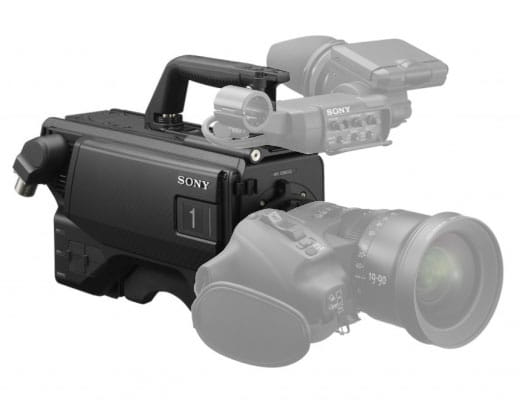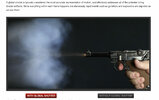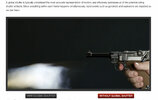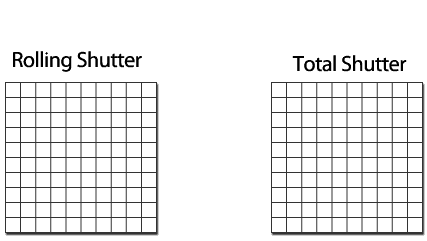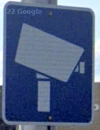I don't expect many people buy the Sony HDC F5500 for dashcam use, it costs: €107,100.00
System camera with Super 35mm 4K CMOS image sensor and Global Shutter

www.bpm-media.de
So once
again NIgel, since you have nothing worthwhile or intelligent to add to the discussion you change the subject and move the goalposts!
First you claimed that global shutter CMOS sensors are only used in machine vision systems, yet now that we learn that global shutters are being deployed in new generations of surveillance cameras and are being used in high end broadcast video cameras, cinematography and drones you make silly remarks about how nobody would spend many tens of thousands of dollars (for the body only) to buy an outrageously expensive professional video system designed specifically for broadcast and studio work for use as a dash cam.
What a gratuitously irrelevant and inane thing to say!
The increasing popularity of these new global shutter sensor cameras in professional circles is due to their high sensitivity, low noise, acuity and freedom from distortion. The fact that these sensors are currently only available in high end cameras is the relevant fact here. Practically every single digital consumer electronics product you've ever owned started as technology in the high end of the market before eventually reaching a technical maturity, manufacturing expertise and market saturation that brings the price down to the consumer level.
The first professional digital DSLR on the market was the
Kodak Professional Digital Camera System (DCS) introduced in 1991 which had a separate 200MB hard disc drive that was carried over the shoulder that was capable of storing up to 156 uncompressed 1.3MP images. It cost around $30,000 at the time, In today's price that would be almost $65,000! A typical point and shoot pocket cam today could vastly outperform it. The first VCRs on the market (SONY BetaMax) cost $2000.00 (
$10,866 today!) but by the time VCR's became obsolete you could buy one with better performance for less that $100. The first handheld consumer GPS units (Magellan) were introduced in 1989 and cost thousands of dollars and weighed 1.5 lbs. Now they are tiny and in smartphones, smartwatches, dash cams and elsewhere at minimal cost with vastly increased accuracy and speed of satellite acquisition.
Some form of (reasonably priced) Global Shutter CMOS sensors will follow the same path as the ones in our current dash cams, digital cameras, smartphones, surveillance cameras, video doorbells, etc. Or perhaps it will be a whole new sensor technology that has yet to emerge from the lab. Remember, early digital cameras used CCD sensors which for most purposes have been entirely replaced by CMOS sensors today. This is the progression of technology in the marketplace. Rolling shutters are an aging and flawed technology that is ripe for replacement.
Have you not got the message yet, global shutter sensors do not currently give an advantage for dashcam use!
You are obviously not paying attention, probably intentionally so. This is at least the second time you've made the same provocative remark accusing me of something I never said. I never suggested that global sensors as they
currently exist would be useful in dash cams. This entire discussion began as speculation about what possible future developments we might see in dash cams which were claimed by a new member to be evolving at a "snails pace" so I brought up the speculation that one day a company like SONY might develop a global shutter sensor suitable for dash cams and other consumer level products that would offer vastly improved performance and clarity unheard of today.
Just because global shutters do not "
currently" exist for dash cams (and other consumer products) doesn't mean we may not eventually benefit from their advantages.
At no time did I suggest that we will be seeing global shutters in dash cams any time soon.
Please stop wasting everyone's time with fatuous posts like this.
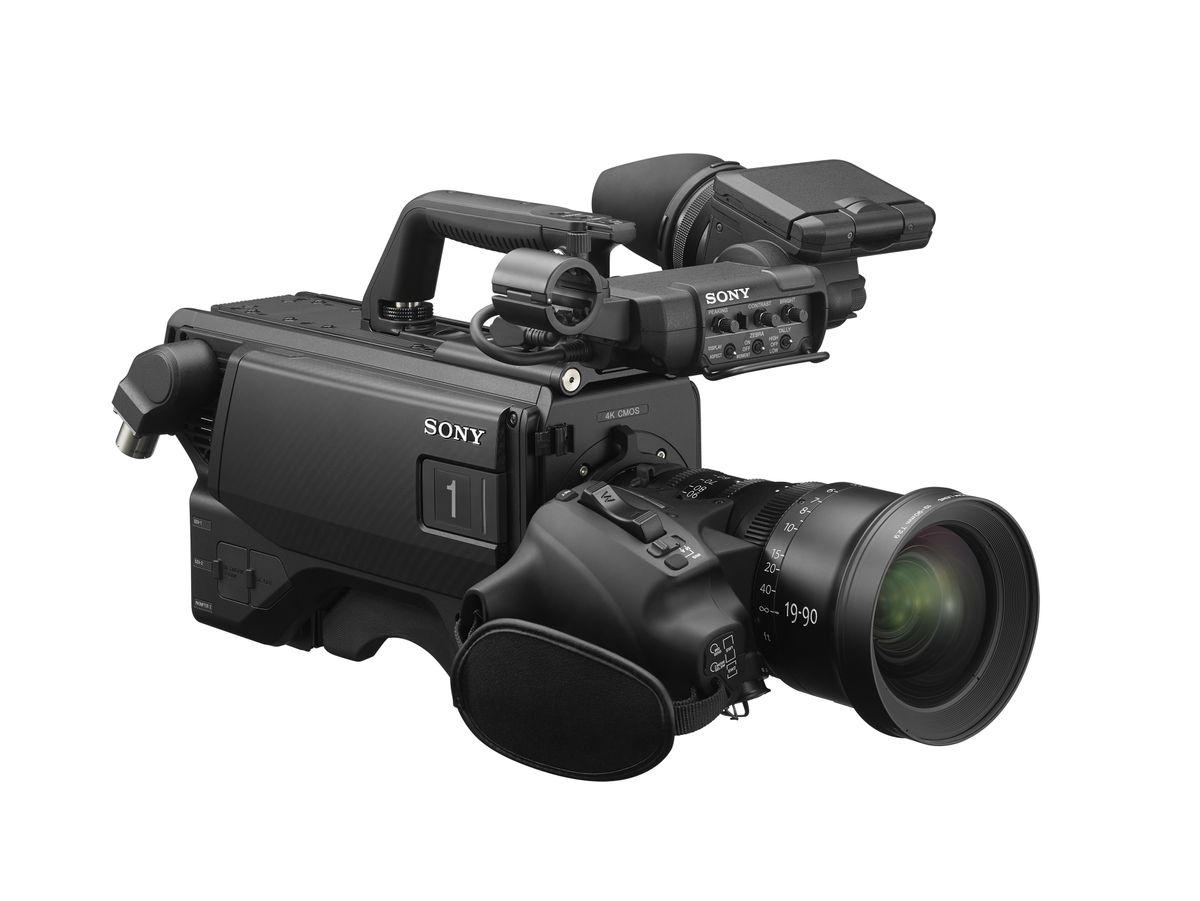
 www.tvtechnology.com
www.tvtechnology.com

 pro.sony
pro.sony


 www.tvtechnology.com
www.tvtechnology.com


